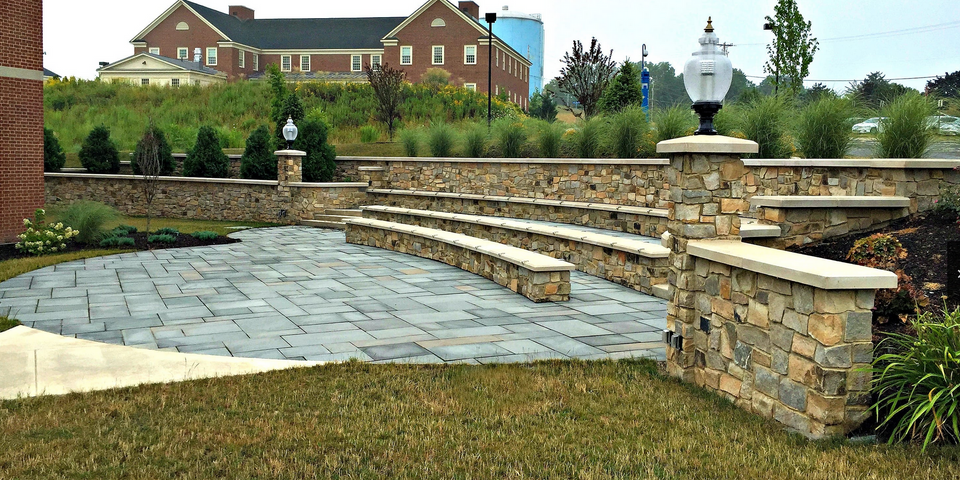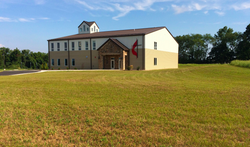
Before a new home, commercial property, or type of infrastructure can be built, land developers must first learn about the site. There are several means of investigating a property’s earth materials, one of which is geotechnical engineering. Here’s what you should know about this field for your land development project.
What Is Geotechnical Engineering?
Geotechnical engineering allows land developers to determine the types of soil and rock at a given location. Various types of soil composition and rock strata can impact the way projects are approached.
 For example, if the soil is collapsible, it won’t provide a stable enough environment for dwellings. Contaminated soils could present risks for residential or commercial development, as they can affect the site’s groundwater. By determining the feasibility of a site before the project is pursued, you can avoid an immensely costly and drawn-out process.
For example, if the soil is collapsible, it won’t provide a stable enough environment for dwellings. Contaminated soils could present risks for residential or commercial development, as they can affect the site’s groundwater. By determining the feasibility of a site before the project is pursued, you can avoid an immensely costly and drawn-out process.
How Is It Used in Construction & Land Development?
When construction is proposed at a site, the first step of geotechnical engineering is a preliminary site assessment. Geotechnical professionals will assess the probable soil type at the location.
Then, they’ll follow up with borings to get soil samples, which will be sent to the lab to classify subsurface information. Thereafter, the engineer will study the lab results to determine how the project should be approached.
Geotechnical expertise also comes into play when considering the general structure of a property. For example, engineers must determine a site’s load-bearing capacity, taking into consideration land features such as slopes, natural drainage, and any existing manmade structures nearby. The final assessment is a critical piece of determining whether development can come to fruition and safely support occupants or traffic.
If you’re a land developer seeking a trusted geotechnical engineering team, contact Mid-Penn Engineering in Lewisburg, PA. For over 50 years, this firm has been Central Pennsylvania’s leading source for comprehensive structural engineering, including surveying and design. See their full list of services online, or call (570) 524-2214 to discuss your project with one of their specialists.
About the Business
Have a question? Ask the experts!
Send your question

